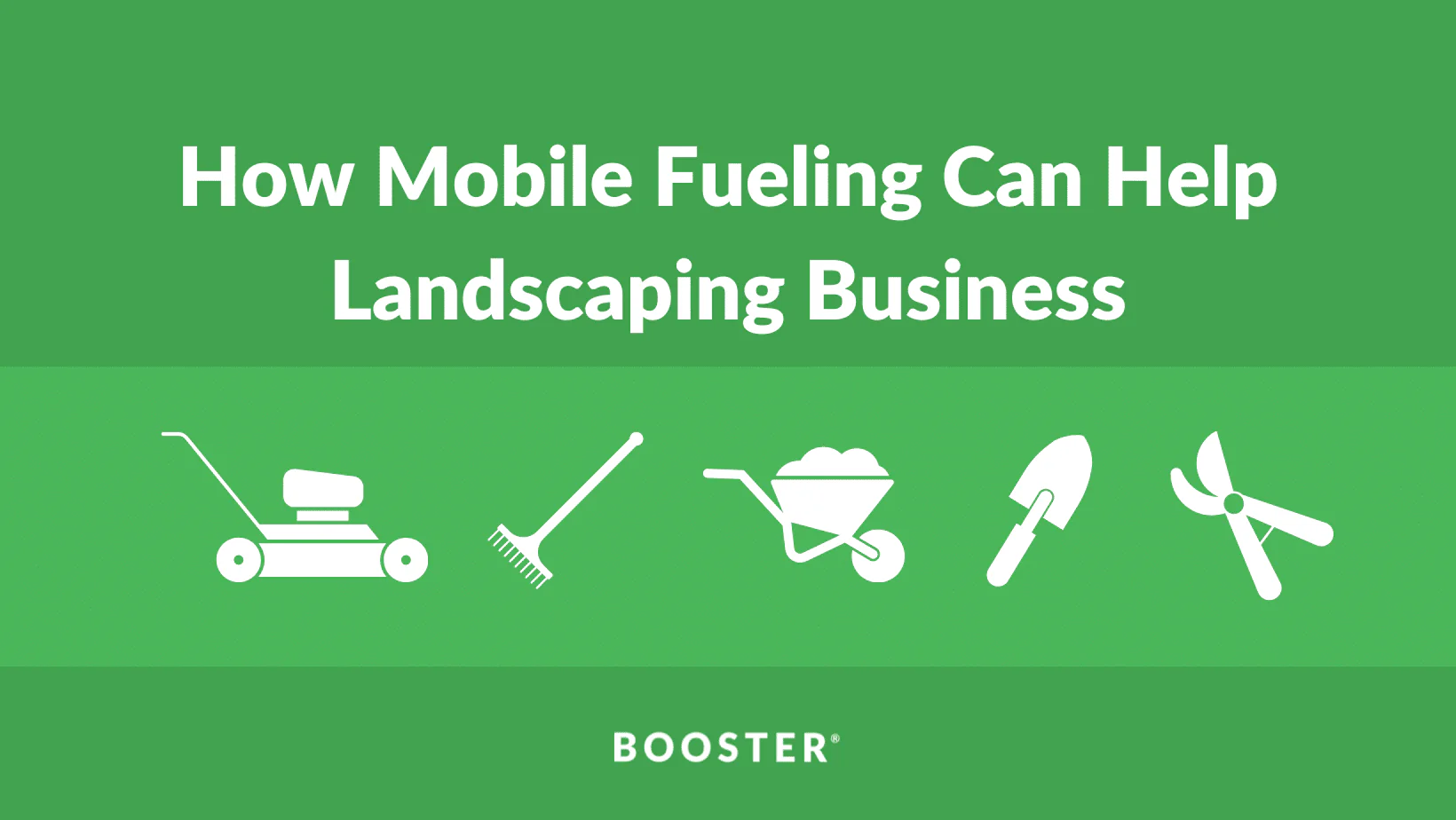In light of the rising cost of gasoline, it is crucial for landscaping companies to look into fuel-saving tactics. A practical and effective replacement for conventional fueling techniques is mobile fueling, commonly referred to as on-site gasoline delivery. Landscapers can now fill their equipment on-demand, avoiding time-consuming treks to gas stations, thanks to a fleet of mobile fuel trucks outfitted with cutting-edge technology.
It is amazing to see how mobile fueling has affected the landscaping sector. Reducing the need for manual refueling, landscaping businesses are seeing a significant decrease in equipment downtime, which positively impacts their overall output.
In this blog, we discuss the advantages of mobile fueling and how it may help landscaping businesses run more efficiently and profitably.
Landscaping Businesses With Mobile Fueling
Eliminating Unnecessary Trips and Maximizing Productivity
Did you know that landscaping companies waste a lot of time and money making journeys to the gas station? These trips not only waste time but have an ultimate impact on profitability. Mobile fueling companies, Booster, can help landscapers make the shift to on-demand fueling.. In fact, the American Transportation Research Institute showed that 14% of all delays related to driving are attributed to time spent fueling. Fuel is delivered right to job sites with Booster’s mobile fueling service, saving businesses time and money while allowing the landscapers to concentrate on servicing their customers.
Optimizing Service Area and Routing
The amount of time it takes to get between job sites can greatly impact how profitable a landscaping company is. In fact, the National Association of Landscape Professionals found that long journey times and inefficient routes can waste up to 15% of a vehicle’s gasoline on average. Planning routes wisely is essential for cutting fuel costs and increasing productivity. Booster solves this problem by offering a wide service area combined with technology to streamline fuel delivery. Landscapers may optimize their service areas and cut down on trip time by working with Booster, resulting in reduced fuel usage and better profitability. The most effective routes for refueling fleets are guaranteed by route optimization technology, which takes into consideration real-time traffic updates and other factors. Landscapers may save idle time, avoid traffic jams, and save a lot of fuel by incorporating Booster’s route optimization technology into their operations.
Transparent Fuel Cost Recovery for Accurate Estimates
For landscaping firms, fluctuating gasoline prices are a regular concern. The U.S. EIA states, over the past five years, nominal residential prices have increased an average of 1.9% annually, about the same rate as overall inflation. This problem is addressed by Booster’s groundbreaking fuel delivery service. To safeguard profit margins and guarantee correct pricing, landscaping companies may clearly pass on actual fuel costs to customers by factoring the Booster fuel delivery into estimations. This strategy increases trust and openness in interactions between clients and contractors while also improving financial sustainability.
Why Choose Booster?
With its mobile fueling services, Booster provides a revolutionary option for landscaping companies . Partnering with Booster means that landscapers can have the need for tiresome trips to gas stations – fuel is delivered directly to job sites. This gives landscapers the opportunity to focus on their customers and their work, which increases productivity and profit.
Businesses can say goodbye to gas shortages thanks to Booster. Their cutting-edge equipment monitors fuel levels and automatically plans to refuel as necessary. With this proactive strategy, downtime caused by running out of gas is never an issue for landscapers.
Booster place a high priority on sustainability and safety in addition to efficiency. During fueling operations, their knowledgeable Service Professionals adhere to stringent safety measures, reducing the risk for hazards. They also provide alternatives for clean-burning fuel, which helps the landscaping industry get greener.
